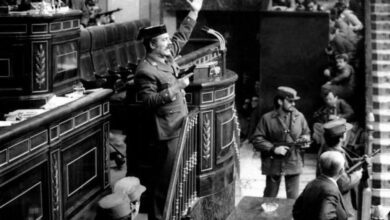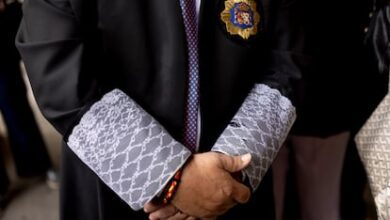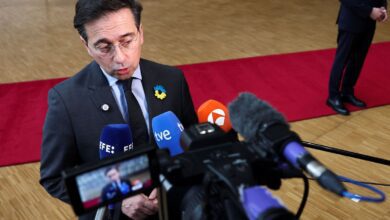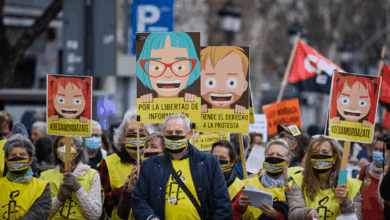
The halfway point of one of the most talked-about court cases in recent years has concluded in Madrid. The defendant is the country’s Attorney General, accused of leaking confidential information related to a tax fraud case. Over the course of three hearings, the court has heard exactly half of the scheduled witnesses. However, neither side has been able to present indisputable evidence of the defendant’s guilt or innocence.
The trial began after the media reported on a letter in which the lawyer for businessman Alberto González Amador admitted to tax violations. According to the prosecution, it was the head of the Attorney General’s Office who might have been involved in leaking this letter. However, during the hearings, it emerged that journalists had access to the letter’s contents even before the prosecutor received it. This revelation significantly weakened the prosecution’s position.
Those who testified in court included not only members of the press, but also staff of the Attorney General’s Office. Opinions were split: some prosecutors supported the charges, while others sided with their colleague and questioned the validity of the entire investigation. One of the crucial moments came from the journalists’ statements—they claimed they obtained the letter before it ever reached the prosecutors. This suggests the confidentiality had already been compromised, and the responsibility for the leak may not rest solely with the defendant.
Internal contradictions and unexpected details
The hearings have also revealed other interesting details. For instance, it emerged that one of the journalists had received a similar letter from another party in the case, with the entrepreneur’s permission. This cast doubt on the theory of a single source of the leak. Additionally, the defense pointed out that some messenger messages had been deleted on the day charges were filed, although forensic analysis did not confirm this was an attempt to conceal evidence.
Particular attention was drawn to the stance taken by the entrepreneur’s partner, who is facing a separate case involving tax fraud and document forgery. She claimed to have been victimized by the prosecution’s actions, arguing that the publication of the letter caused reputational harm. At the same time, the couple admitted they had agreed to enter talks with the prosecution, which implied an admission of guilt.
What to expect from the final hearings
Three more hearings remain, where key witnesses are expected to testify—including the defendant himself. The court will also hear from law enforcement officers who analyzed the digital evidence. The defense hopes new testimonies will fully clear the prosecutor of suspicion, while the prosecution expects to find additional arguments in its favor.
The trial has already sparked widespread public debate and raised questions about the boundaries of professional ethics in journalism and responsibility for disclosing information. The court’s final decision could impact not only the fate of the individuals involved, but also set a precedent for how similar cases are handled in the future.












